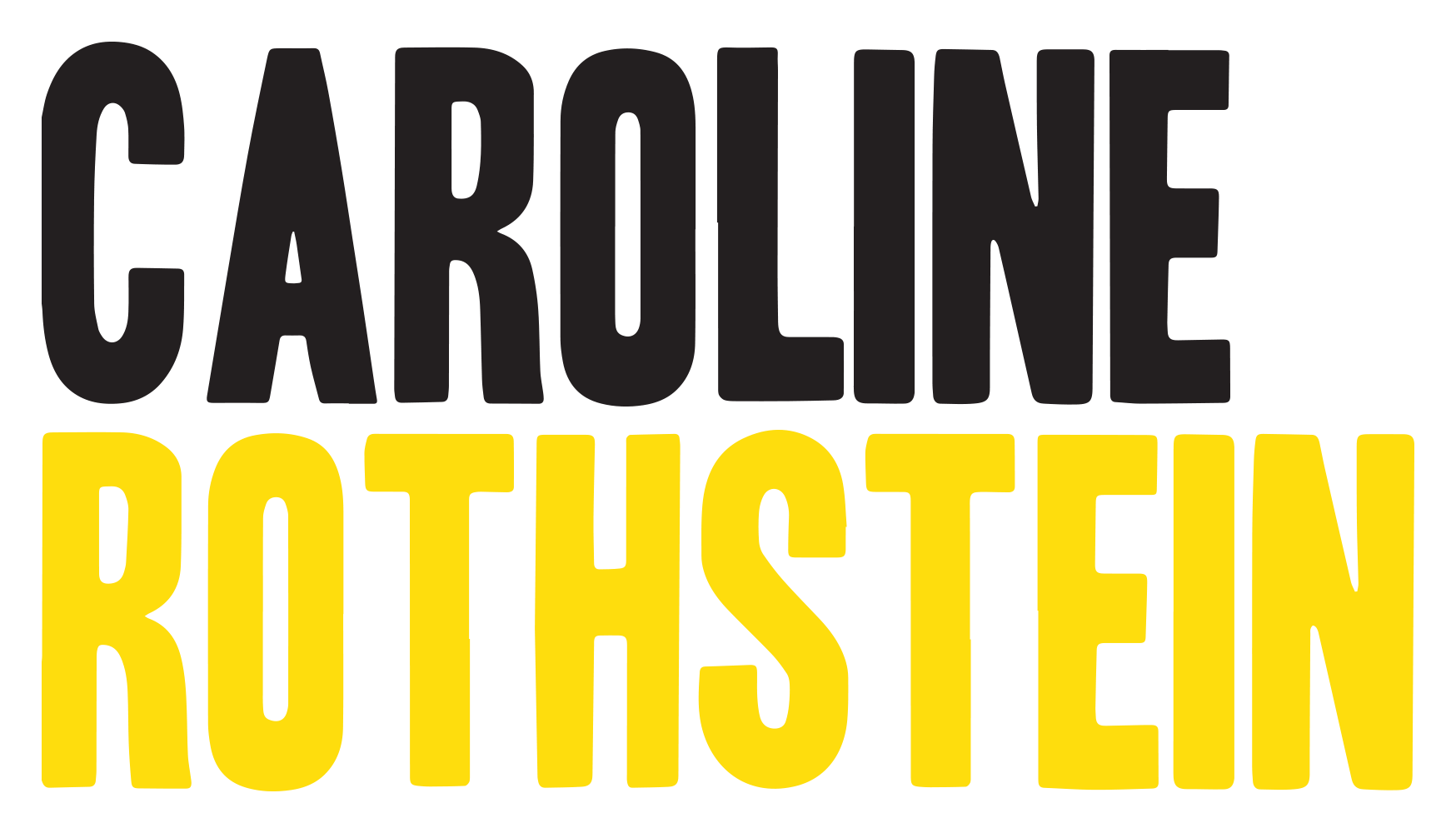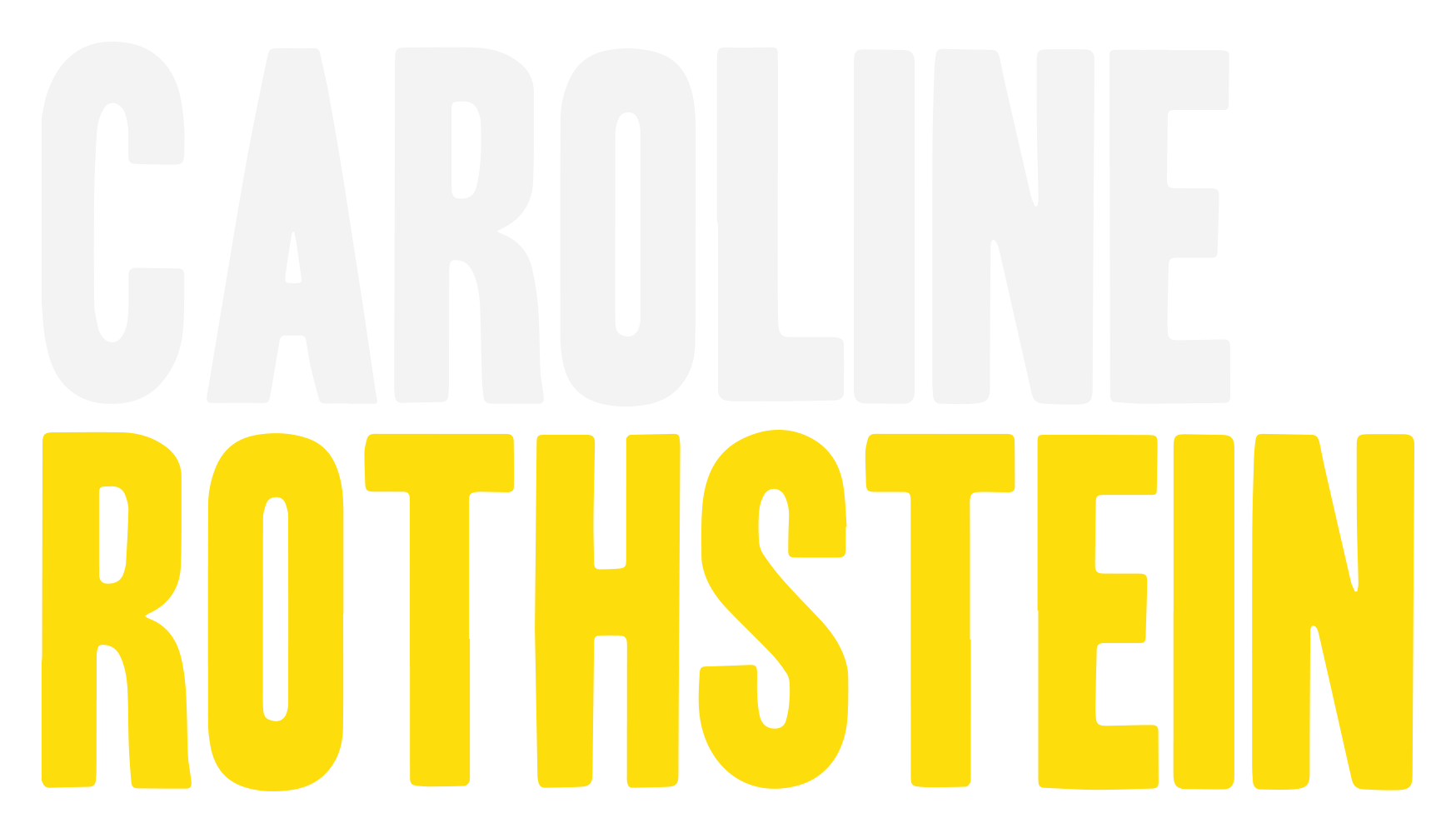OK, I’m chiming in. But know that I’m not the first one to say something. There was Elizabeth Karpen in Hey Alma, who rocked an excellent breakdown of “the Jewish witch vs. the shiksa goddess” trope; Rabbi Denise Handlarski—also Hey Alma—who tenderly shared her own experience as a rabbi in an interfaith marriage, and says, while she “appreciated this realistic portrayal…it also saddened” her; and Jessica Grose wrote in the New York Times that, “The show seems to have been beamed in from the past century in both its depiction of Jew-gentile relations and also its gender politics.” And, if your group chats or IRL convos with your favs have been like mine the past weeks, your comms are also aflutter with Jews and our non-Jewish allies alike bummed as shit over the portrayal of Jewish women—and women in general—in the new Netflix comedy series Nobody Wants This (which we’ve all still consumed).
Here’s the gist: a hot white Jewish male rabbi and a hot white non-Jewish female podcaster fall in love with each other in Los Angeles and the joke is that he’s a rabbi and she’s not Jewish. Fine. Love that trope. Into it. Absolutely opens up possibility for big curiosity, incredible dialogue (which I think the series more often than not nails like a delicious piece of GF DF chocolate cake, which I personally think hails from By the Way Bakery in New York, which is also kosher and parve, FYI), and major character development and plot. BIG PLOT. The plot writes itself.
And.
The plot development is where I too start to take pause. I’m a sucker for rom, and a sucker for com. The rom is fucking good. I mean, fuck me with that first kiss. Literally. And I’m a sucker for com. I like to say my sense of humor is part prepubescent 12-year-old, part 1990s American frat bro, and part traumatized Jewish woman. My humor can handle some dark shit.
And.
Here’s what didn’t make me laugh: the aforementioned bitchy, prejudiced Jewish woman trope.
Does that trope exist because there are real Jews who flip their shit when a Jewish person falls in love with, dates, and maybe even marries a non-Jew? Yes. Sure. Seen it with my own eyes. Show creator Erin Foster has made it clear in interviews that the series was inspired by her own real-life romance (her husband was born Jewish; she converted after they got engaged).
But when that’s the loudest representation of Jewish women in an entire series that’s on a streaming platform with the most subscribers in the world, it doesn’t really feel like a useful comedic or plot device (especially—ya know—in a time that isn’t super great for the Jews).
It feels, instead, potentially harmful.
Because what it makes space for is more antisemitism and anti-Jewish discrimination.
Because what is it that nobody really wants? The Jews.
And so hoisting up harmful tropes can do a couple of things.
One, they empower Jews to dig our heels into outdated, miscalculated beliefs that isolation amongst only Jews, rather than solidarity across identities, will save us from oppression. Spoiler alert: it won’t. Solidarity is an antidote to oppression and ultimately building resistance to dismantle anti-Jewish antisemitism, which is itself a byproduct of and upholder to white supremacy and patriarchy.
Two, the harmful tropes empower non-Jews to see Jews as shitty, which either further empowers the antisemitic beliefs they may already hold, or plants seeds for them to sprout.
And three, it centers a narrative that intermarriage is harmful for the Jews, rather than good.
As Rabbi Handlarski shared in her Hey Alma piece, “If the community and his family had been welcoming of [the female podcaster] Joanne — if Rabbi Noah could determine for himself, free of external pressure, if he and Joanne were truly compatible — none of the challenges would exist. And sure, that lack of conflict might make for a more challenging time writing the script… but rom coms find conflict in all sorts of places all the time. It made me really sad to witness the sole source of conflict in this show center around the judgment on interfaith relationships.”
That made me sad too. I’ve officiated five interfaith marriages. I have dozens and dozens and dozens of Jewish loved ones, friends, colleagues, and members of my communities who are themselves in interfaith marriages, or children of interfaith relationships; and more often than not––more often than not––I witness folks lean even more deeply and steadfast into their Jewish identity. I witness non-Jewish partners and parents celebrate Judaism in ways that to me, are––again and again––really, really good for the Jews.
I see the series’ overuse of, reliance on, and monolithic amplification of the bitchy, discriminatory Jewish woman trope as internalized antisemitism and internalized misogyny.
Which—again—makes me feel that what nobody really wants, including Jews ourselves, are: the Jews. And maybe even, dare I say, Jewish women. For us to get to just be that: Jewish women. We have to assimilate into white Christian hegemonic ableist fat-phobic ideals of what makes a woman worthy in Western society, and for those of us who are straight and/or date men, if we want Jewish men, we have to uphold ideals to meet a male gaze that de-Jewify’s us so that Jewish men too can find safety in our assimilating into white Western Christian ideals of beauty and behavioral standards. And so the white non-Jewish goddess (the derogatory s-word slur is used enough in the show, I don’t need to give it more air) becomes the enemy because it’s what we’re both told to fear and also assimilate into being and becoming.
And so is it productive to hate ourselves?
And amplify a plot that potentially fuels more internalized and external hate?
The show is so good in so many ways. Like I said, the dialogue, the baseline smart humor, the way the romance builds, the romantic relationship itself, the way the characters dive on top of each other with gutturally hilarious quips and banter—this is what keeps me watching every episode, invested in what actually happens to the characters into whom I’ve become invested. And. It feels like a missed opportunity to more expansively illustrate the complex, nuanced, multifaceted, multiethnic, multiracial, multinational, gender expansive American Jewry we are.
We are so fractured right now. Leaning into harmful tropes that feed antisemitism and misogyny only furthers our fracturing. Finding space for nuance and complexity helps us find some common ground to heal. Internally, and beyond. Which includes celebrating intermarriage.
And.
As a writer and artist and performer and storyteller myself, I know the sweat and drive and time and soul that goes into making art. It’s clear this show was made as a labor of love. The showrunner and writers’ talents are clear too. The actual romance is truly brilliant craft.
And.
What would happen if we ask ourselves deeper questions as we develop the characters and plots we are putting out into the world about Jewish and Jewish adjacent experiences?
While a lot of my own work throughout my career has been nonfiction, journalism, and poetry based on my real life, opinions, and lived experiences, I’ve started writing and working on fiction the past few years, with several projects currently underway. It’s admittedly easier—I find—writing the facts. When I’m writing poetry or nonfiction, I’m stuck with only what has happened. I can be hyperbolic, sure, but still that too requires letting the reader in on the superlative.
Fiction is fucking hard. And it’s often based on real shit too—yes—and also, it’s a tricky dance. To edge up against the tropes that make us see ourselves in the characters we witness or read. To know that the tropes are based on something very real, but also risk perpetuating them in a way that might cause harm. I think what I’m inviting us all to consider—Jewish or not—is what we’re looking to nuance, and what we’re looking to generalize. And what kind of freedom we offer ourselves as humans when the characters we co-create have dimensions that broaden our own abilities to see not only ourselves, but maybe even more importantly: each other.
Somewhere towards the end of Episode 8, I started to second guess this entire essay. Maybe I’m going too hard. Maybe I’m now being a bitchy, discriminatory Jewish woman. Maybe there’s stuff in this series that is very much real and based very much on real things non-Jews and Jews by choice who have converted have experienced in interfaith relationships with Jews. Maybe the tropes are based on someone’s (many someones’) experiences, and so who am I to pass my own judgment and analysis on how best to tell stories about Jews and non-Jews.
I read and reread several interviews with Foster to push myself towards more empathy. To hold myself accountable for perpetuating the very thing about which I’m critiquing the series: questioning one monolithic way to depict Jewish women and women in general and our stories—Jewish or not—by saying I know the right way, another way I’m upholding instead.
But I think what I’m asking for is expansiveness. I think what I’m asking for is to push ourselves more deeply to excavate nuance and multi-dimensionality as widely as possible, which is part of what being Jewish can be. Living in the both/and. Dissecting the black text of the Torah while also knowing the white and blank space around the letters holds endless space to dream.
I think the fact that this show is causing so much uproar is probably a good thing. I think ultimately that’s a sign of some really fucking good art. My own rule of thumb is to cause as little additional harm as possible in the process, but I continually still miss the mark.
And so if this series is causing so many of us to simultaneously marathon watch and consume it with gusto and hunger and thirst, while also critiquing it to an extreme degree, isn’t it offering us some solid Torah on asking ourselves questions on who we are, and who we want to be?
What if we amplify stories about Jewish survival that are rooted in joy and expansiveness, rather than discrimination and fear? As I said above, I know it’s 1000 percent highly possible that the narrative of this series aligns exactly with the lived experiences of someone or several or many someones. And. I think it’s still possible to tell a story about interfaith relationships and Jews that include or involve fear-based discrimination and caddy bitchiness without making that the whole, monolithic anchor from which the story grows its branches and limbs.
***
*my word(s) is currently a free series; a tip jar is available on the main page.
Subscribe to "my word(s)"
Receive bi-weekly posts from Caroline’s "my word(s)" blog.


